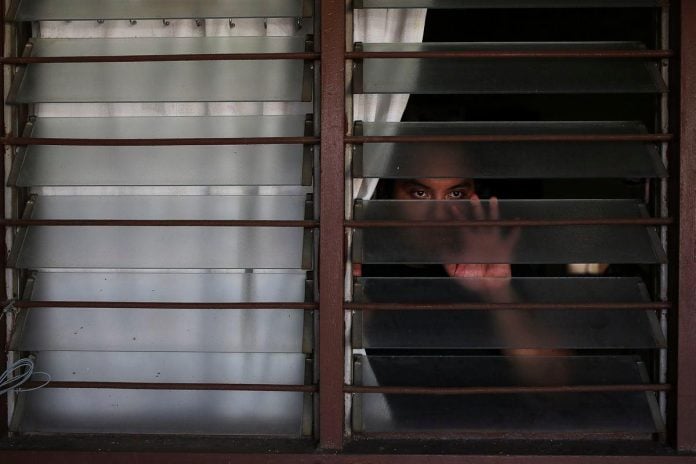LAST Friday, Oct 10, was World Mental Health Day. I wrote on my Instagram, “We are walking wounded”.
I hesitated before posting it as the phrase felt too blunt, almost confrontational. But over the past two years, I have asked hundreds of people what they think when they hear these words, and nine out of 10 quietly agreed.
If I say, “We are the walking wounded”, what do you feel? Many nod in recognition, some look startled while others go silent – eyes glazing over – as if those words touch something they have long kept hidden.
I think, deep down, many of us know it is true. We Malaysians still tend to think of “mental health” as something distant, something that happens to other people. We associate it with a serious illness: depression, panic attacks, breakdowns. We don’t see it in the quiet exhaustion of our daily lives.
We don’t think of the tiredness that never really goes away – the stress that sits in our chest like a stone and the loneliness that lingers even when we are surrounded by people.
We say “I’m fine” because that is what’s expected but most of us are not fine. We are functioning – yes – but we are also fraying. And we have mistaken coping for healing.
Beyond illness
Mental health is not just about illness; it is also about how we live, relate and recover. It is about our capacity to connect, rest and be honest with ourselves. Yet, we have reduced it to a crisis – to a breakdown, hospitalisation or medication.
We were never taught emotional literacy in school. We learned how to solve equations and memorise facts but not how to handle disappointment, grief or anger. We were told to be strong, to “move on” and “not to think too much”. And so, we grow up believing that vulnerability is a weakness and that seeking help is shameful.
Counselling or therapy
This is why I believe it is time for Malaysia to take mental health seriously – not only as a crisis to manage but also as an area for prevention.
Counselling or therapy should be part of ordinary life, not something reserved for the “unstable”. Imagine if every school had counsellors whom students could actually talk to without fear of being labelled or judged; if teachers were trained to notice early signs of distress and not just to push
for grades; if parents had access to support to better communicate with their children, rather than only reacting when things go wrong; and if couples went for pre-marital counselling, not because something is broken, but because they want to build something strong.
Counselling is not a luxury, and it is not something “Western”. And it is certainly not a sign of weakness; it is preventive healthcare for the mind and heart. Just as we go for medical check-ups, dental cleanings and fitness tests – why not emotional check-ins? If we can care for our bodies, why not for our inner worlds?
We cannot “just pray” for anxiety, panic attacks and depression to go away. They are actually signs of deeper root causes but nobody wants to go there. When will people realise that many “mental” issues stem from suppressed emotions?
National priority
To policymakers, educators and community leaders: it is time to make mental health infrastructure a national priority. Counselling must be woven into our education system, workplaces and healthcare networks. Schools and universities need trained counsellors who are accessible, approachable and equipped to support real-life struggles. We need affordable community counselling centres in every district, not just in big cities or private clinics.
Mental health awareness campaigns are important but awareness alone is not enough. We need systems that make help available before there is a crisis.
Corporates need to let employees choose the therapists they want, not just people on panels nor the therapists that insurance companies deem “fit” to help that person. If an employee has found a therapist they like and feel comfortable with, let them make that choice.
Heads of companies, especially government departments, need to set examples by having therapy sessions and talking about it.
Making it okay to say “I’m not okay”
Most of all, we need to make it safe to say, “I’m not coping”. This phrase should not invite shame, judgement or fear; it should invite care, understanding and support. When people can’t speak of their pain, it festers. That quiet suffering is what keeps us wounded as individuals, families and a nation.
Perhaps this World Mental Health Day can be a turning point – a moment when we stop seeing counselling as a last resort and start seeing it as an act of self-care and community health.
If we can make it normal to talk, listen and seek help, there may be fewer suicides, road rage, bullying and even less illnesses. Lets start healing those invisible wounds.
Nahlana T. Kreshnan is a somatic psychotherapist and life and executive coach.
Comments: letters@thesundaily.com








